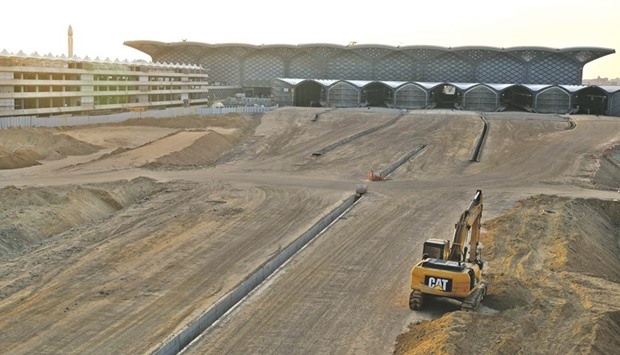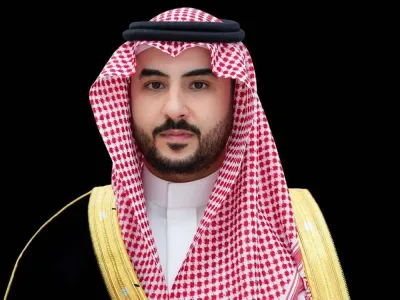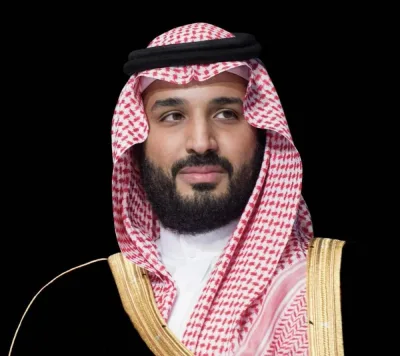With a major government reshuffle, Custodian of the Two Holy Mosques King Salman of Saudi Arabia and his son have shown their determination to move the kingdom’s economy away from oil, experts say.
A series of royal decrees announced on Saturday merged various ministries to reflect new priorities under the wide-ranging Vision 2030 plan announced two weeks ago by the king’s son, Deputy Crown Prince Mohamed bin Salman.
“It only shows they’re serious,” a veteran banker in the kingdom said of the government shuffle. “It’s all going in the right direction. They are trying to change.”
The world’s largest oil exporter had long talked of economic diversification but plunging oil revenues over the past two years have accentuated the effort, pushed by the 30-year-old Prince Mohamed, who heads the main Council for Economic Affairs and Development.
At the root of Vision 2030 is the sale of less than 5% of state oil giant Saudi Aramco in what officials say will be the world’s largest-ever Initial Public Offering.
Proceeds from the sale will help create the biggest government investment fund in the world, with a value of $2tn, whose profits can provide an alternative to oil revenues.
“Aramco’s role is key,” an oil industry source said, noting that the government chose the oil company’s chairman, Khaled al-Falih, to head a new super ministry of energy, industry and mineral resources.
“I think he got this position because of his performance,” the source said.
From 2009, Falih was Aramco’s president and chief executive officer. Last May he joined the cabinet as health minister while at the same time holding the Aramco chairmanship.
Falih replaced Ali al-Naimi who headed the now-defunct ministry of petroleum and mineral resources for about two decades.
A European diplomat said the new broader ministry reflects the government’s desire to develop other sources of energy besides petroleum.
The desert nation has potential for solar and wind power. It also wants to boost industry - from petrochemicals to defence - while mining is expected to take on a greater role in the economy.
Falih last month became chairman of Ma’aden, the Saudi Arabian Mining Company, which is partially listed on the kingdom’s stock market.
“I think that people are expecting a lot from him,” the diplomat said.
Among other changes, the ministry of water and electricity was replaced with a ministry of environment, water and agriculture.
With essentially no local water resources, the desert kingdom has been trying to obtain access to farmland overseas.
“Definitely there will be more agricultural development abroad,” the diplomat said, in keeping with Vision 2030’s call for “strategic partnerships with countries blessed with natural resources.”
In another merger, the ministries of labour and social affairs have been combined.
The kingdom, which employs millions of foreign workers, is trying to improve the skills of its own citizens and create more jobs for them.
The ministry of commerce and industry was also renamed the ministry of commerce and investment, as the kingdom seeks to woo foreign funds while becoming a global force for investment itself.
The government also appointed Ahmed al-Khulaifi as central bank governor.
“I think it’s very promising the way this vision has been structured,” said Salah Saleh Sultan, head of wealth management at Muscat Capital in Riyadh.
But he said that more details are needed on how it will be implemented.
The restructuring programme seeks a streamlining of government, and greater accountability, but the veteran banker who spoke to AFP said that overcoming bureaucratic intransigence will be the plan’s biggest obstacle.
“It’s hard to turn a ship around,” the banker said, expressing optimism that the efforts will nonetheless succeed.

An excavator operates at the construction site of a high speed rail that will link the holy cities of Makkah and Madina, in Jeddah.


